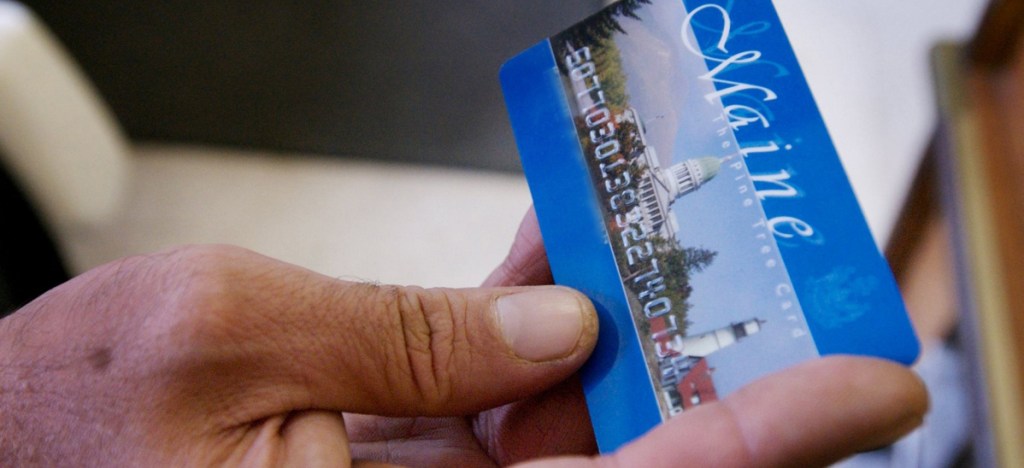If states are, as in a popular phrase, the “laboratories of democracy,” then the results of an experiment in Maine have a lot to teach us.
In this experiment, Gov. LePage took from tens of thousands of poor residents benefits from the Supplemental Nutritional Assistance Program, more commonly known as SNAP or food stamps, under the idea that it would force those residents to find work and thus remove themselves from government dependency.
Not many got jobs they wouldn’t have eventually found otherwise, and most of those who did find work likely still qualified for assistance. Meanwhile, hunger in Maine got worse, even as it improved almost everywhere else.
In short, it’s been a disaster for the poorest Mainers. Still, House Republicans want to take this experiment nationwide.
ANOTHER BARRIER
Included in the 2019 Farm Bill are provisions that build on what conservatives see as progress in Maine. Together, these provisions, including one from Maine Republican Rep. Bruce Poliquin, would make work requirements more strict.
These requirements would force SNAP recipients to work, volunteer or participate in training 20 hours a week. If they miss more than three months of activity in a four-year span, they lose their benefits. Children, the disabled and the elderly – as well as pregnant women and caretakers of a child under 6 – are excluded.
These barriers may not sound like much, but they come out of a profound misunderstanding of how these Americans live.
Most of them work intermittently at a series of unstable, low-paying jobs with uncertain schedules. Many look after someone at home, or have health problems of their own that fall short of disability but still get in the way of steady work.
They use SNAP when work dries up, or their car breaks down, or their health takes a turn for the worse. It’s not the average benefit of $123 per month – or $4 a day – that is keeping them home, but any number of troubles or missteps that can derail a vulnerable person who does not have the resources to weather them.
When work requirements are entered into these stressful, white-knuckle lives, they become just another barrier. Beneficiaries don’t run afoul of them because they are lazy or apathetic. Instead, they live in a rural area without training or work opportunities, or they can’t get to them, or they’re needed at home. Often, they run into an ambivalent bureaucracy when they try to figure out what to do.
WRONG WAY ON HUNGER
That’s what happened here, as the number of SNAP beneficiaries in Maine declined from 243,301 in 2010 to 178,193 in 2017.
Some of those Mainers found work as the economy improved. Some likely found jobs through state training programs.
But for the vast majority, life just got a whole lot harder. If work requirements worked as they are supposed to, we could expect to see hunger in Maine fall along with the SNAP numbers. Instead, while most of the country was improving, Maine got worse. People removed from SNAP didn’t find a job – they instead began relying on food pantries, which have set new records.
Instead of following the poor example set by Maine, House Republicans of 2018 should look to the House Republicans of 2014.
Four years ago, the Farm Bill included experimental programs that made work and training provisions voluntary. Some of these programs have been quite successful, as they allow limited training funds to be focused on people who volunteered.
A full report is due in March 2019. If the point is to help people better their lives, rather than simply cut the welfare rolls, Congress should wait until we see what these programs can do.
Send questions/comments to the editors.



Success. Please wait for the page to reload. If the page does not reload within 5 seconds, please refresh the page.
Enter your email and password to access comments.
Hi, to comment on stories you must . This profile is in addition to your subscription and website login.
Already have a commenting profile? .
Invalid username/password.
Please check your email to confirm and complete your registration.
Only subscribers are eligible to post comments. Please subscribe or login first for digital access. Here’s why.
Use the form below to reset your password. When you've submitted your account email, we will send an email with a reset code.